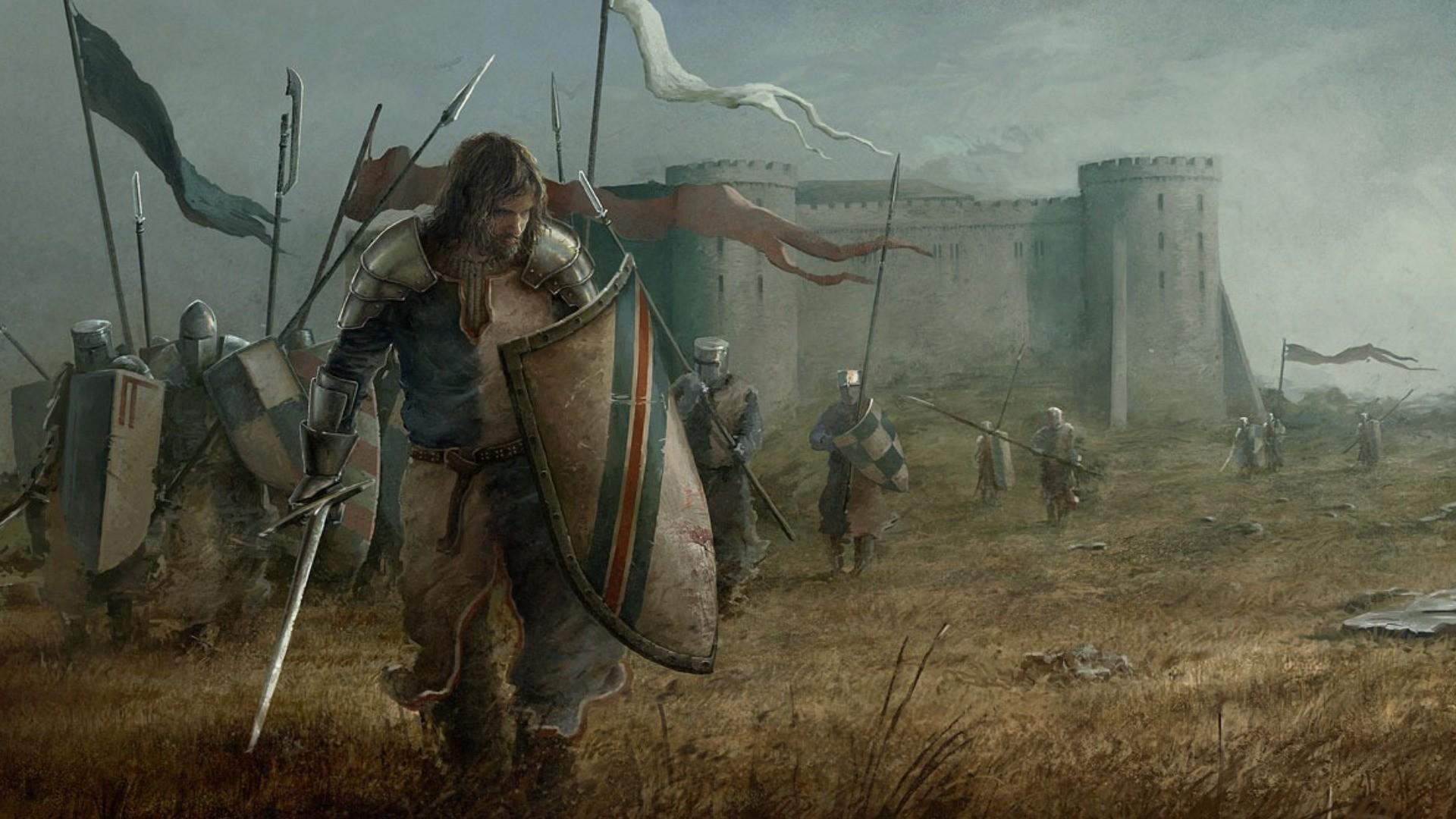
Teobaldo Visconti lived from about 1210 to 10 January 1276. He was pope from 1 September 1271 til his death. He was born in Piacenza, Lombardy, Italy. As a young layman, he joined the Secular Franciscan Order.
Then he attached himself to the household of the Cistercian Cardinal Giacomo di Pecorari, the bishop of Palestrina, also a native of Piacenza. The young Teobaldo was attracted to Pecorari’s reputation for holiness. He soon became the bishop’s Majordomo. By 1235, the cardinal had become a papal legate to Tuscany, then Lombardy (1236-7), Provence and Germany (1239-41). Teobaldo accompanied Pecuari. In Provence, he became known to a number of French men of import. In 1239, the still young man became the canon of the Basilica of St. Antonio in Piacenza.
Teobaldo returned to his cardinal in France where Pecorari had received the assignment of preaching a crusade against Emperor Frederick II of the Holy Roman Empire. Early in 1239, Pope Gregory IX had excommunicated Frederick. Both the pope and the emperor wanted an ecumenical council to settle their differences. Gregory wanted to determine the auspices and the place. The emperor did, too. Meanwhile, Teobaldo became the canon of the Cathedral of Lyons. The Council never took place and Gregory IX died 22 August 1241.
It took two terrible months of torture to get the electoral assembly to find another pope. Celestine IV was on the throne only 17 days when he, too, died. Half of the cardinals ran off so that they would not have to suffer another conclave. It took some time to get them to vote again.
In June 1243, the twelve cardinals gathered in Anagni and elected Sinibaldo Firschi, who took the name Innocent IV. Almost immediately, the new bishop of Piacenza, died. Innocent offered the bishopric to Teobaldo. He declined, preferring to stay with Cardinal Pecorari, who was now in Rome.
Unfortunately, the favored cardinal died a year later. Teobaldo decided it was time to do something different. He set out to go to Paris to study. As all travel took a long time, Teobaldo stopped at his old stomping grounds at Lyons to visit the Archbishop-elect Philippe. The older man asked the prospective student to be his master of ceremonies and judge. Teobaldo refused but Philippe insisted hard enough to change the man’s mind.
Innocent was forced to flee Rome in July 1244. He went to Genoa, then Lyons. There he met up with Teobaldo. Together, they designed and developed the Ecumenical Council which took place in June and July 1245. There, Teobaldo met Thomas Aquinas, Bonaventure, Gui Foucois and other intellectuals of the day. Soon after the end of the council, Teobaldo was appointed archdeacon of Heinault in Liege, probably as a thank you for all his work. Then the pope asked him to preach for a crusade to recover the Holy Land. His time at Liege was fraught with troubles and he left in 1262 after continuing arguments with the bishop.
As all this was going on, King Louis’ younger brother, Charles d’Anjou arrived in Rome soon after Pope Clement IV was consecrated. Charles accepted the crown as King of Sicily 8 January 1266.
In 1267, Teobaldo finally got to Paris. He became friends with King Louis IX and his family. Then he went to England, as papal legate, becoming friends with Prince Edward (Later King Edward I). A year later, he and Edward left for the Crusade.
The Papacy
While in Acre, Teobaldo received a message that the cardinals had finally, after two and a half years, elected a new pope. It was he. Five months after the election, Teobaldo Visconti arrived in Viterbo to accept the nomination. However, not being ordained, he had to be ordained and consecrated a bishop. He received the crown on 27 March 1272 in Rome.
Right after his coronation, now-Pope Gregory X sent a letter to the new King Edward I inviting him to a great council on the Holy Land starting 1 May 1274. Gregory’s objectives were to end the East-West schism, develop a new crusade with donations of a tithe from every parish, measures to end abuses in the Church and regulations of papal elections. The last was fulfilled and the regulations have stayed, with some modifications, over the past 800 years.
Many proclaim that Pope Gregory saved the Holy Roman Empire from crumbling by supporting Rudolf I of Hapsburg. Gregory made Rudolf promise to lead a new crusade and renounce any claims on Rome and its territories.

Recent Comments